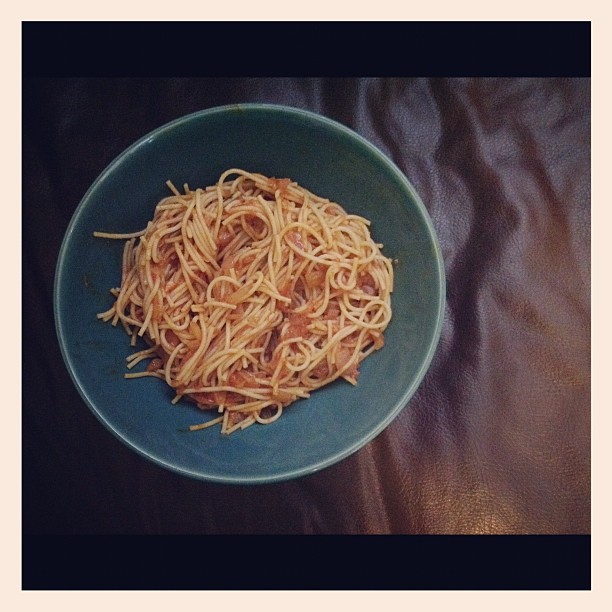written by: Karyn Bridges, co-founder of The Forsaken Children and wife to Field Director, Joe Bridges
A Little About Abazu
For the majority of the time that Joe, the kids and I lived in Ethiopia, Abazu was the cook for The Forsaken Children’s partner, Onesimus. I was always amazed by the patience she showed the children and how she always took the opportunity to counsel them, even if she was busy, which she typically was.
When it was time to start looking for a House Mother for the new halfway home, Abazu was the first person I thought of. I wasn’t alone, because just a few weeks later Abazu was transitioning into the role of House Mother for the boys’ halfway home. She has served in this capacity for close to three years now, being a mother to many children whose own mothers have turned them away. What an amazing woman!
About this Recipe: Habesha Pasta
Two or three days a week I was able to go with Joe to the Drop-In Center and help with ministry. Early on I decided to make Wednesdays one of my official days to go – one reason was that Abazu typically served her yummy Habesha pasta on Wednesdays. Nowadays, when I get a craving for Ethiopian food, I often recreate (as best I can) this dish. I hope you will try this Italian inspired, Ethiopian customized dish. My family loves it!
- 1 lb of pasta (elbow macaroni or spaghetti noodles are used most often in Ethiopia)
- 1 medium onion
- 4 gloves minced garlic
- About ½ cup of oil (Palm oil is used most in Ethiopia but any vegetable oil for high temps is fine – I often use Olive Oil even though it is not necessarily good for cooking at high temperatures.)
- 3 or 4 medium tomatoes
- Water
- Salt to taste
INSTRUCTIONS:
- Cook pasta according to package directions.
- In the meantime, bring enough water to a boil to cover 3 to 4 tomatoes. Boil whole tomatoes until soft and skin starts to peel (about 5 minutes). After the tomatoes have boiled, peel them and chop with a knife until they are soupy.
- Chop onion into small pieces and place in large deep dish pan. Pour water over onions – just enough to cover all the onions. Cook on high until water almost evaporates. Be careful not to burn the onions – If water is almost evaporated, decrease the heat to low as you prep for the next step.
- Pour oil over onions and cover dish (bring back to high if you decreased heat in earlier step). Cook 5 minutes, stirring occasionally. Note: Ethiopians typically do not measure quantity so it’s hard to say how much oil to use. I suggest using ½ of a cup to ¾ of a cup the first time cooking Habesha pasta (Ethiopian food uses a lot of oil).
- Next add berbere according to how spicy you want your pasta (In Ethiopia I learned to use enough to turn the sauce a dark burgundy color, which is about 2-3 tablespoons. I suggest starting with 1-2 tablespoons). Cover and cook for another 5 minutes, stirring occasionally. As you add the berbere, check the oil level to see if you may need to add a little more.
- Add salt as to your preference. Ethiopians typically use a lot of salt but it’s up to you. Next add minced garlic and the cooked tomatoes. Cover and cook for another 10 minutes, stirring occasionally.
- After the pasta has boiled, drain all water and place back into the pot. Then pour berbere sauce over pasta and stir well.
- Serve pasta with bread (preferably French or Baguette) and enjoy!
COUPLE OF THINGS TO NOTE:
Pasta is often served for breakfast in Ethiopian households.
The Ethiopian berbere spice can be found at African or India Marts in most major cities so check your local ethnic market for the spice. If you have a local Ethiopian restaurant then most definitely ask your waiter where they purchase their berbere.
You can also Google “berbere spice” and find an online vendor that sales berbere such as www.spicesinc.com
***I bring home berbere from Ethiopia so I cannot personally comment on the quality or authenticity of the berbere sold online.
To learn more about Ethiopian cooking, recipes, or food talk in general from Karyn, follow our blog.





